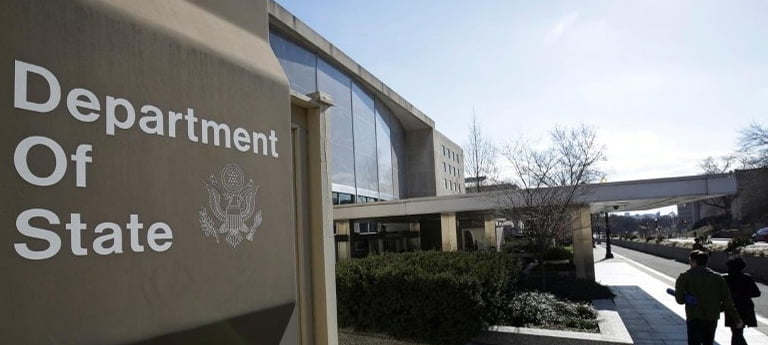The United States wants Pakistan to keep its borders with Afghanistan open to Afghan refugees. This request may exacerbate the already tense relations between the two countries.
However, Pakistan appears unwilling to do so. Since 1979, Pakistan has taken in millions of Afghans and more than 3 million have been having settled permanently in the country. Pakistani officials argue that its economic strength is not enough to absorb more refugees.
National Security Adviser Moeed Yusuf said at a briefing in Washington this week that arrangements must be made to keep the displaced Afghans in the country instead of pushing them to Pakistan.
“Why make them darbadar (homeless)? Arrange for them in your country. Pakistan cannot afford to accept more refugees.”
In addition to Pakistan, the US State Department also requires Turkey to allow Afghans to stay in the country for up to 14 months before they can resettle in the United States.
The Turkish government also criticized the US plan to use a third country to resettle Afghans, saying that this move will trigger a “major immigration crisis” in the region.

The Turkish Foreign Ministry said in a statement issued in Ankara: “We do not accept irresponsible decisions taken by the United States without consulting our country.”
“If the United States wants to bring these people to their own country, they can be transferred directly to their own country by plane.”
“Therefore, in places like Pakistan, it is very important to keep the border open,” a senior State Department official told reporters when introducing the new U.S. refugee entry program for Afghan citizens.

“Obviously, if people go north or go to Turkey via Iran… (they) have the opportunity to enter the country and register with the government or UNHCR,” the official added.
The new plan announced on Monday applies to people working on U.S.-funded projects and Afghans employed by the U.S. media or non-governmental organizations (NGOs). A program prior to called the Special Immigrant Visa (SIV), covered interpreters and others who worked for U.S. government agencies and their families.
There are two countries that can play a key role in this resettlement plan, Iran and Pakistan. The United States does not have diplomatic relations with Iran, US lawmakers are looking to Pakistan to help them implement this plan.
Read More: US ready to take in thousands of more Afghans as violence worsens








